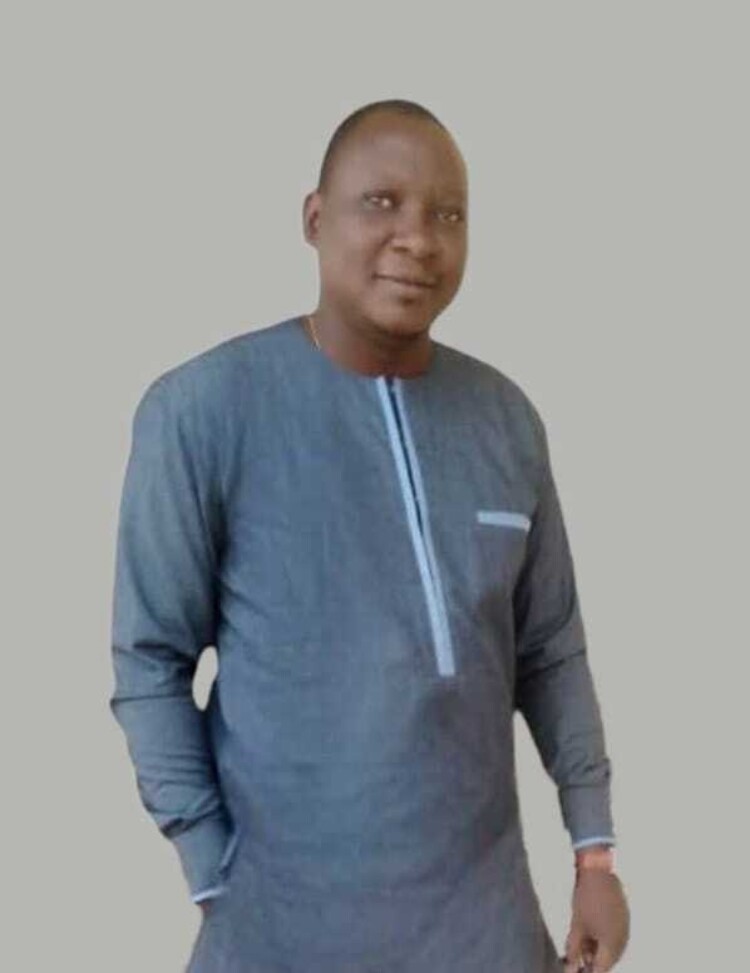
Testimonial
So that every girl can access the education she deserves
This October, the world celebrates the International Day of the Girl. It’s an opportunity to recognize the place girls hold in society and their capacity to drive change when they have the same rights and opportunities as boys. It is also a moment to acknowledge the commitment of partners and pioneers of this movement
Article written by Koffi Serge Zohou, on a volunteer mandate for the FIERES project.
Too many girls still see their education interrupted due to the lack of sexual education, early marriage, or unequal household responsibilities. Others experience sexual exploitation or are forced into precarious work. These realities persist around the world, despite the progress achieved.
The international community is preparing to celebrate, this October 11, the International Day of the Girl, under the theme: “Digital generation, our generation.”
In an increasingly connected world, not mastering digital tools means being excluded from tomorrow’s opportunities. When it comes to digital access, the gap between girls and boys remains significant. According to UNICEF, in an analysis across 32 low- and middle-income countries and territories, adolescent girls were 35% less likely than boys their age to have basic digital skills, such as searching for information or ensuring online safety. Reducing this gap while there is still time is encouraging—but it is only the tree hiding the forest.
Between girls and boys of the same age, inequalities in basic education persist. In low-income countries, only 36% of girls complete lower secondary education, compared to 44% of boys (UNICEF). Despite notable progress over the past decade, much remains to be done. This moment also calls for attention to another front, where many actors—convinced that girls’ education is a powerful driver of social change—are taking action, particularly in Africa, in conflict or post-conflict countries where the situation remains critical.
In South Sudan, Ethiopia, Libya, Niger, Burkina Faso, and Mali, the situation is similar. In parts of these territories, insecurity resulting from armed conflict has paralyzed school systems or destroyed schools, displacing communities toward safer areas.
In Mali, amid this complex social and security context, several actions have been designed and implemented in the regions of Ségou, Mopti, and Timbuktu to revive the school system, breathe new life into literacy programs, and promote girls’ right to education by challenging social prejudices and stereotypes.
Working with local partners (Malian NGOs and associations), the Paul Gérin-Lajoie Foundation and the Centre for International Studies and Cooperation (CECI)—two Canadian non-profit organizations—with the support of the Government of Canada, have been implementing a five-year initiative that addresses these critical challenges. The FIERES project – Girls and Resilient Education, launched in April 2023, has already enabled thousands of adolescent girls to return to school, literacy centers, or training programs.
“Many children, especially girls, are withdrawn from school or drop out for various reasons—poverty, early marriage, lack of qualified teachers, or domestic work. The opening of the center has changed things. In just four months, the children are already learning the skills needed to integrate into formal education. Many families did not see the value of girls’ education and preferred early marriage. The center helped raise awareness about the importance of educating girls and provides a safe and protective environment that reassures parents.”
Village chief supported by the project.
“In my community, girls’ education is really an issue. Here, school is for boys, while girls’ future is in the household. Given my age, I never thought I could go to school. Joining this center as a learner changed my academic level because before, I knew nothing about school or classes. Going to school is preparing for a better future, both now and later. It helps shape my personality so I can support my parents, my community, and even my country.”
Fatoumata (pseudonym), 13 years old, enrolled in an accelerated learning center in the Mopti region.
This October 11, let’s also shine a light on the organizations, women, and men who are working to make girls’ right to education a lived reality across the world. We owe them gratitude, for they are answering the call expressed by Friedrich Schiller:
“The dignity of humankind is placed in your hands. Safeguard it. It falls with you; with you, it will rise.”
Learn more about the FIERES project
The project is being carried out by the Fondation Paul Gérin-Lajoie and CECI consortium, and is made possible by funding from the Government of Canada through Global Affairs Canada.
